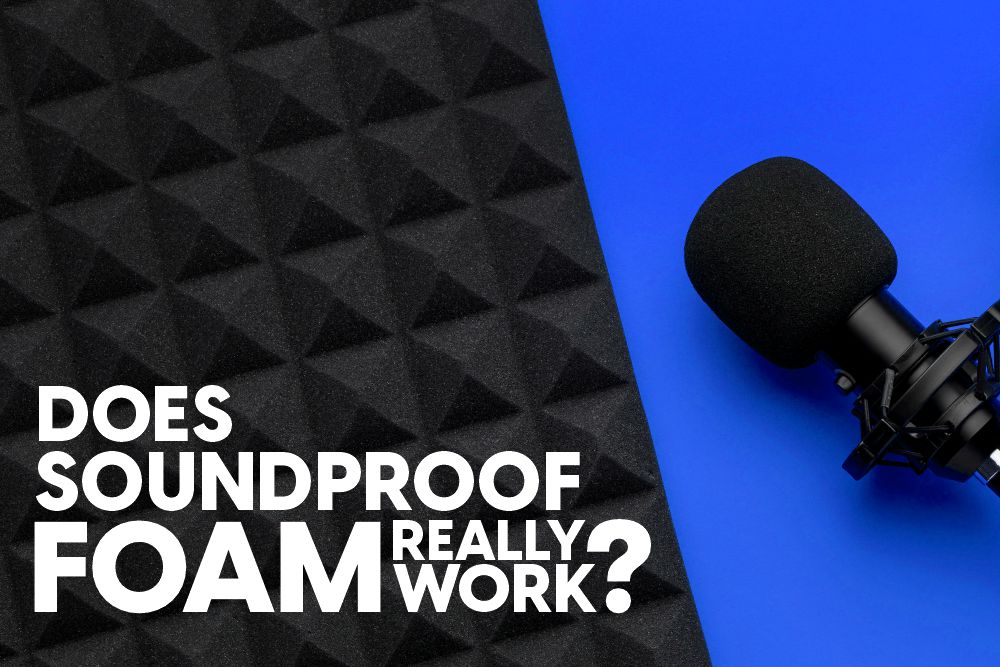
Does soundproofing foam really work?
Does soundproofing foam really work?
Are
you looking for a way to reduce the amount of noise in your home or office? If
so, you may have considered soundproofing foam as a potential solution. But
does it really work? In this post, we'll take a look at the benefits of using
acoustic foam to reduce noise. We'll also explore some alternatives that may
better fit your needs. So read on to learn more about how soundproofing foam
can help you achieve peace and quiet.
The
goal of acoustic foam has to do with a room's sound qualities by controlling certain
sounds through absorption. The first thing to remember is that sound reflects
off certain surfaces, absorbed by other surfaces, similar to how white reflects
light and black absorbs light. Therefore there are different products used for
blocking sounds and for absorbing sounds. Using acoustic foams correctly
requires strategically placing acoustic foam panels on walls, ceilings, floors,
and other surfaces. The correct placement can assist in the correct resonance
within the room and help give the room the desired sonic qualities.
Why would you want to soundproof a room?
Soundproofing
helps to reduce noise levels to the minimum from one room to another.
Soundproofing can allow for a peaceful sleep environment for the other people
in the house. Keeping confidential conversations private may also be needed in
a working environment. Soundproofing your home also prevents your home from
exterior sounds like traffic and noisy neighbours. Sound pollution is a major
issue in many countries. The sound of music can be loud enough to trigger
complaints from neighbours and cause containment for certain activities such as
practising the drums. It is also helpful if you have noisy machinery that needs
noise dampening.
Other common use-cases for sound insulation foam
- Transportation: Absorption of vibration and
noise for engines in buses, trains, trucks, boats, ships and aircraft.
- Industrial: Treating noise pollution of
industrial machinery and equipment, manufacturing plants, air-conditioning
and ventilation units.
- Architectural: Sound absorption for offices,
conference rooms, auditoriums, theatres, cinemas, lecture rooms, libraries
and sports arenas.
- Audio: Impact sound control and sound
absorption for recording studios, broadcasting studios and control rooms.
- Residential: Soundproofing homes, apartments,
home studios, home entertainment centres and household appliances.
- Sound insulation for auxiliary fans in the
mining industry.
- Specific Vehicles: Agricultural &
Forestry, earthworks, industrial & civil engineering.
- Noise Barriers & Enclosures: Rail &
road, office partitions, furniture cubicle walls, hospitality dividers,
acoustic panels, industrial banners and enclosures.
- Hood liner, engine cover, door panel etc for
all types of vehicles including domestic, commercial, industrial from
coaches, trucks to lining cabs in earth moving equipment.
Types of soundproofing foam
Sondor
offers a variety of soundproofing options, depending on the level of sound
insulation required.
Foam panels
If
you are looking for a simple and effective way to improve the sound insulation
in your home, polyethylene foam panels are a great option. High-density
polyethylene foam panels are a great way to improve the sound insulation in
your home. Foam is an excellent material for absorbing sound, and high-density
foam panels provide a large surface area for sound to be absorbed. In addition,
foam panels are affordable, lightweight and easy to install.
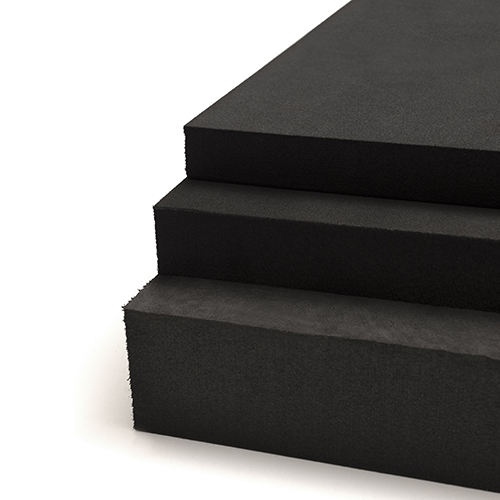
Soundseal
Soundseal is a glass cloth covered Polyurethane foam for acoustic applications. It can be
used on both curved and flat surfaces and is easily converted for irregular
shapes. It is also fire resistant, making it ideal for insulating machinery
noises. Being ECB certified, Soundseal is an excellent sound absorption product
for use in engines in buses, trains, trucks, boats, ships (complies to European
Recreational Craft Directive 2003/44/EC) and aircraft.
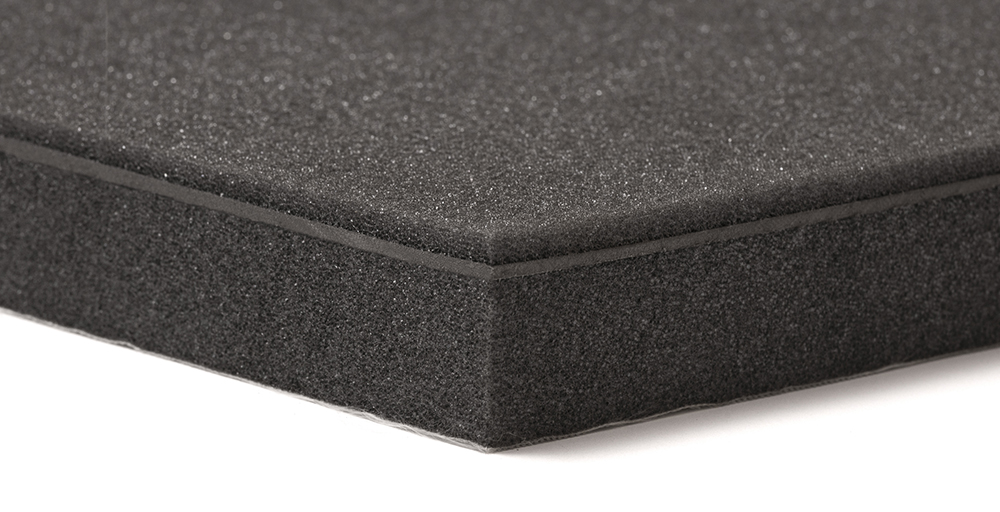
Quash Sound Absorption Foam
Quash foam is an ideal material for sound absorption, as it absorbs sound rather than reflects it. It has various properties that make it fantastic, including its being lightweight yet structurally strong, making installation on-site easy. Quash foam is also water-resistant, meaning you won't have to worry about damage from humidity or rainwater exposure. It is also fire retardant, which will help prevent fires altogether! The best part? This foam's non-corrosive nature means most chemicals won't affect them at all, so they can last longer than traditional materials like wood or wool without getting wet underneath.
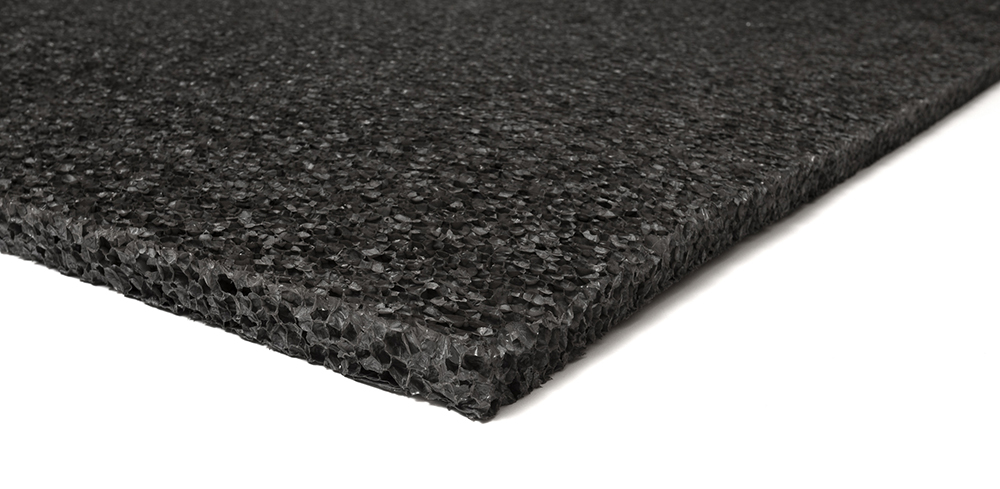
Whisper Sound Absorption Foam
Whisper takes Quash's sound absorption foam one step further! Profiling the shape of
foam increases both its surface area and sound absorption properties, which
means even more insulation for your home or business.
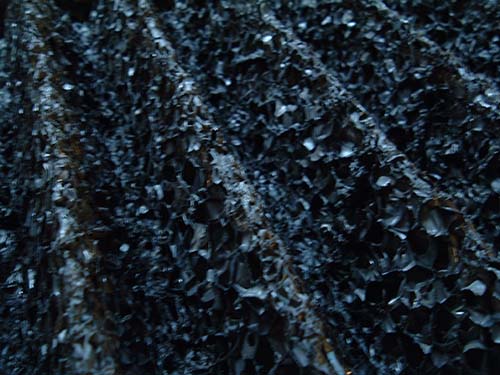
Foam strip and gaskets
Also
worth noting is the beneficial sound insulation properties of foam strip (Strip and Tape) and Gaskets.
Gaps
between the door jam and door are prime ways for undesirable noise to travel.
Foam gaskets are a superb cost-effective option for filling in space on door
frames where noise leaks in and out of rooms. Compressible foam gaskets also
help seal up the gap and absorb some of the sounds.
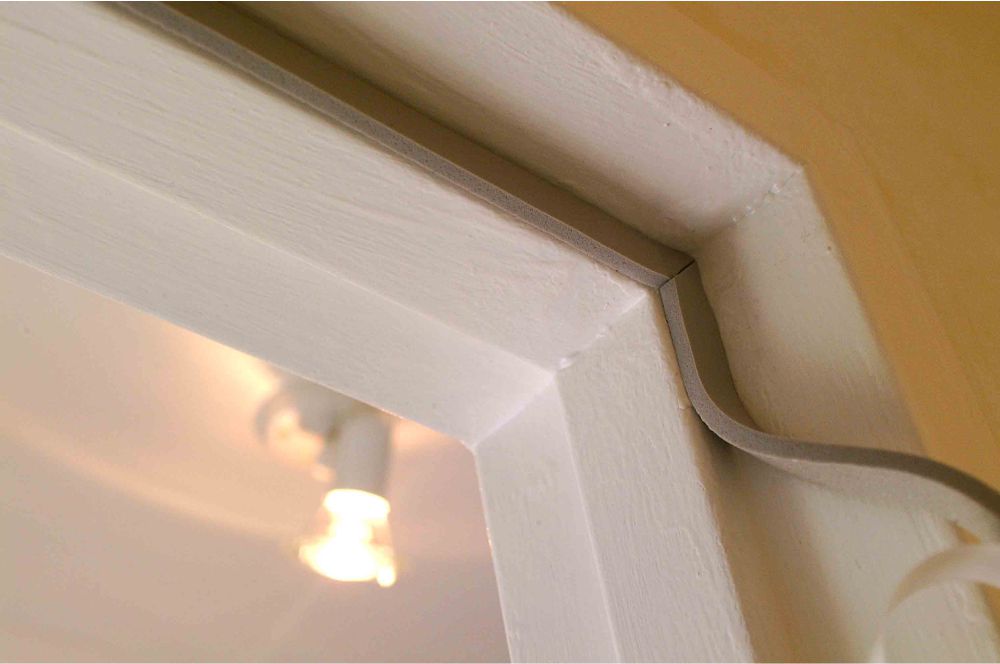
Aerothene Floor Underlayment
Use
quality foam floor underlayment to reduce sound transmission of hardwood and
engineered floors. Aerothene foam sheets are ideal for noise-proofing a floor,
especially with laminates, hardwoods, and engineered wood. Foam is naturally
vapour-proof, so there is no need to worry about moisture or smells penetrating
the floor. You simply lay it down over the subfloor with a slight overlap.
Aerothene
is an excellent product to enhance your new floor installation's feel and sound
reduction qualities. It's tough, is easily installed, and is a superb
soundproofing option.
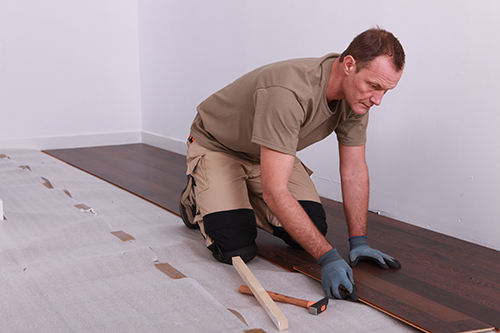
So, does sound insulation foam really work?
So,
what's the verdict? Does soundproofing foam work or not? The answer is a
resounding yes. At Sondor Industries, we have more than 70 years of experience
in the insulation industry and are proud to offer our customers the best
possible products and services available. Let us help you find the perfect
soundproofing foam for your needs - contact us today for expert advice.
